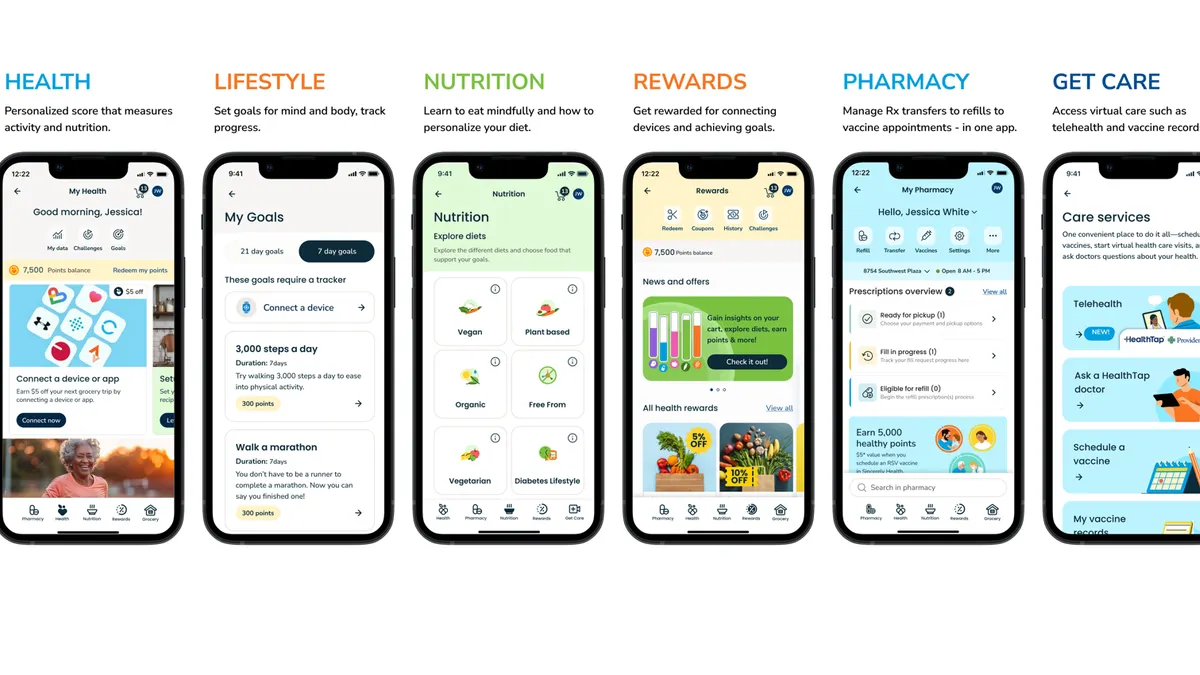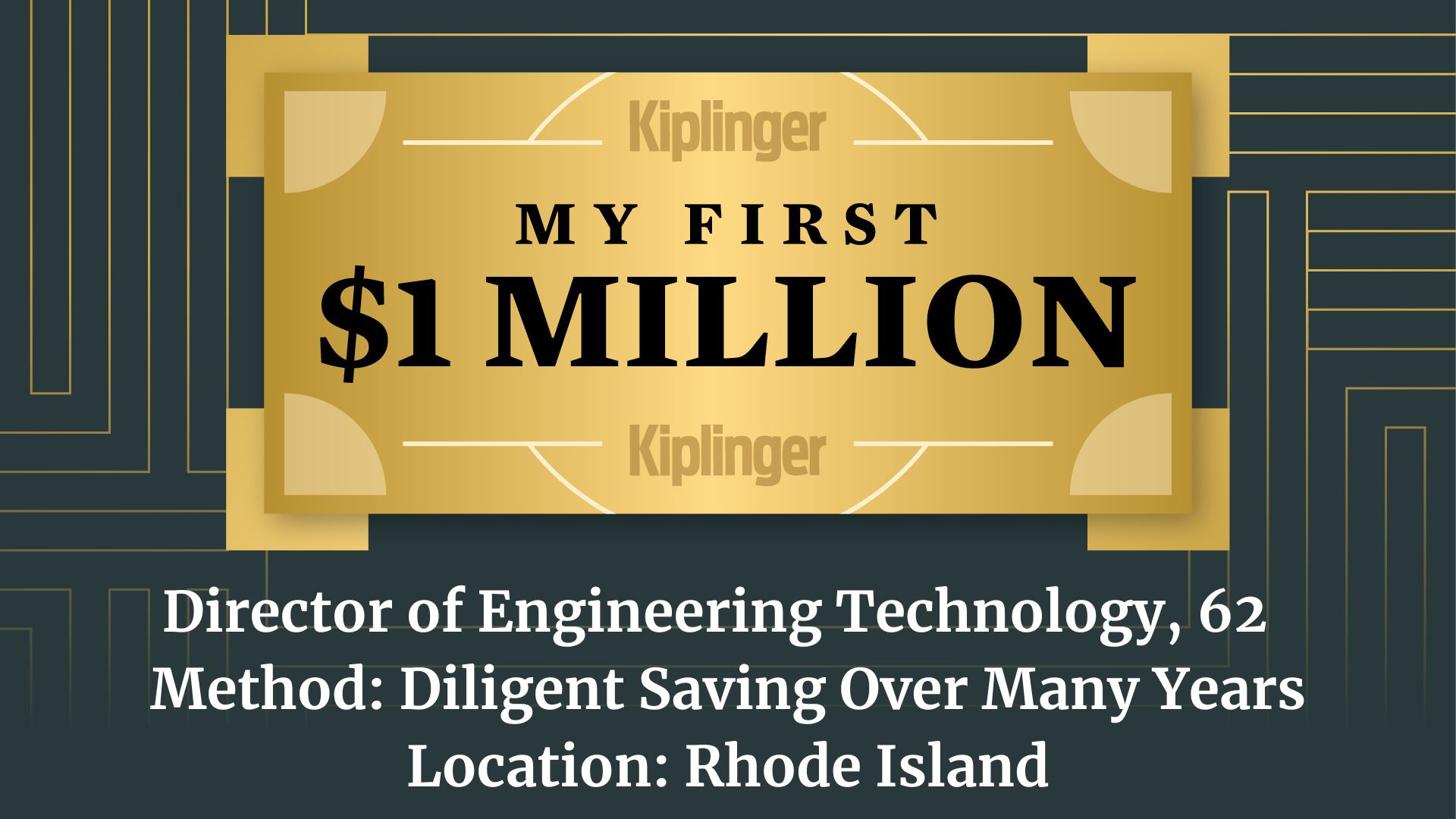Reclaiming Control: How Gen Z is Fighting Back Against Tech's Influence

For too long, a narrative has persisted: that younger generations, particularly Gen Z, are helplessly swept along by the tide of technology. Older generations often perpetuate the idea that we’re passive consumers, mindlessly scrolling through feeds and losing control. But this couldn't be further from the truth. Gen Z isn't powerless; in fact, we're actively reshaping our relationship with technology, pushing back against its potentially harmful influences, and forging a path towards a more conscious and empowered digital future.
The criticism often centers around social media. Concerns about addiction, mental health impacts, and the spread of misinformation are valid. However, framing Gen Z as victims ignores the ingenuity and resilience we demonstrate in navigating this complex landscape. We're not simply accepting the status quo; we’re actively questioning it.
Redefining Digital Wellbeing: One of the most significant shifts is a growing awareness and prioritization of digital wellbeing. Gen Z is pioneering practices like “digital detoxes,” setting boundaries around screen time, and consciously curating their online environments. It’s not about abandoning technology altogether, but about using it intentionally and mindfully, rather than letting it dictate our lives. We're seeing a rise in apps and tools designed to promote digital wellbeing, and Gen Z is at the forefront of adopting and advocating for them.
Demanding Accountability from Tech Companies: Beyond personal habits, Gen Z is also demanding accountability from the tech companies themselves. Concerns about data privacy, algorithmic bias, and the amplification of harmful content are driving a wave of activism and advocacy. We’re leveraging social media—the very platforms often criticized—to organize, raise awareness, and pressure companies to implement more ethical and responsible practices. The rise of movements advocating for stronger data protection regulations and greater transparency in algorithms is largely fueled by Gen Z’s activism.
Creating Alternative Platforms and Communities: Recognizing the limitations of existing platforms, Gen Z is also building alternative spaces online. We're seeing a surge in interest in decentralized social networks, smaller, more curated communities, and platforms that prioritize privacy and user control. This reflects a desire to escape the echo chambers and algorithmic manipulation that characterize many mainstream platforms.
Leveraging Technology for Social Good: Perhaps most importantly, Gen Z is demonstrating a remarkable ability to harness technology for positive social change. From using social media to organize protests and raise awareness about social justice issues to developing innovative solutions for environmental challenges, we're proving that technology can be a powerful force for good.
It's time for older generations to recognize and support this agency. Instead of perpetuating the myth of Gen Z’s powerlessness, let’s acknowledge our efforts to navigate the digital world responsibly and advocate for a future where technology empowers, rather than controls, us. The future of technology isn’t something that’s happening *to* Gen Z; it’s something we’re actively shaping.





